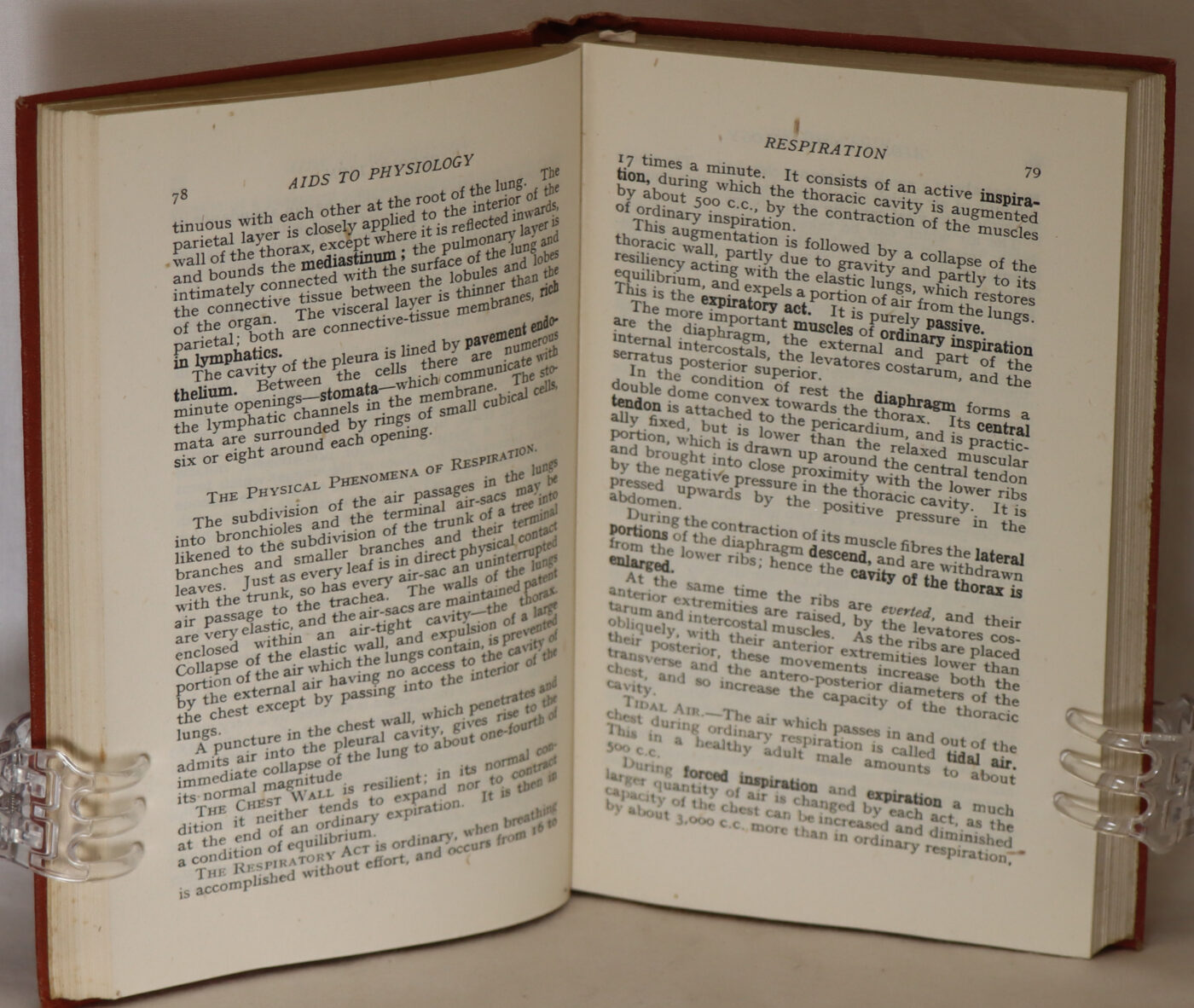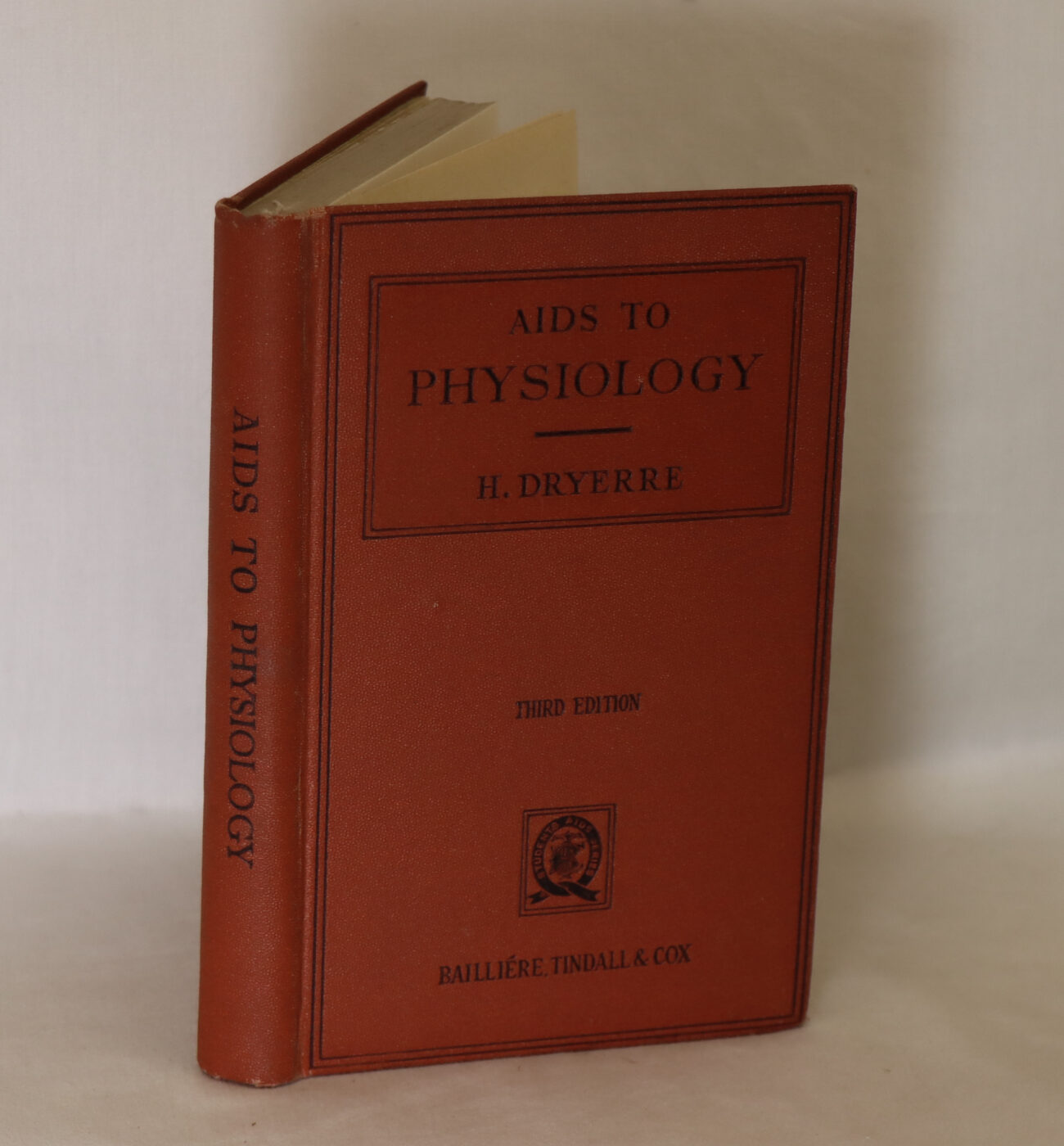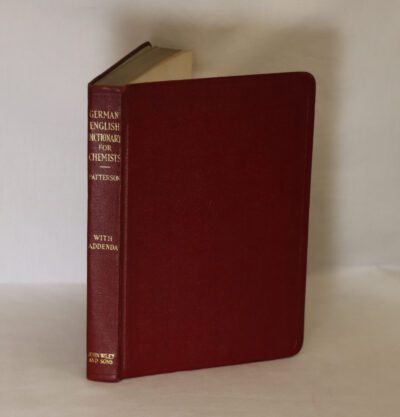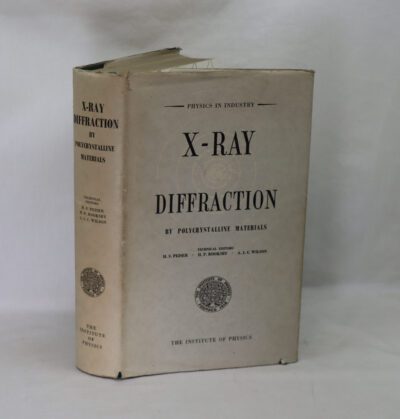Aids to Physiology.
By Henry Dryerre
Printed: 1944
Publisher: Bailliere Tindall & Cox. London
| Dimensions | 11 × 17 × 1.5 cm |
|---|---|
| Language |
Language: English
Size (cminches): 11 x 17 x 1.5
Condition: Very good (See explanation of ratings)
Your items
Item information
Description
Brown cloth binding with black title on the spine and front board.
We provide an in-depth photographic presentation of this item to stimulate your feeling and touch. More traditional book descriptions are immediately available
-
Note: This book carries a £5.00 discount to those that subscribe to the F.B.A. mailing list
For this book’s condition please view our photographs. Though dated this textbook is not entirely redundant to the modern student. Physiology (from Ancient Greek φύσις (phúsis) ‘nature, origin’ and -λογία (-logía) ‘study of’) is the scientific study of functions and mechanisms in a living system. As a subdiscipline of biology, physiology focuses on how organisms, organ systems, individual organs, cells, and biomolecules carry out chemical and physical functions in a living system. According to the classes of organisms, the field can be divided into medical physiology, animal physiology, plant physiology, cell physiology, and comparative physiology.
Central to physiological functioning are biophysical and biochemical processes, homeostatic control mechanisms, and communication between cells. Physiological state is the condition of normal function. In contrast, pathological state refers to abnormal conditions, including human diseases.
Want to know more about this item?
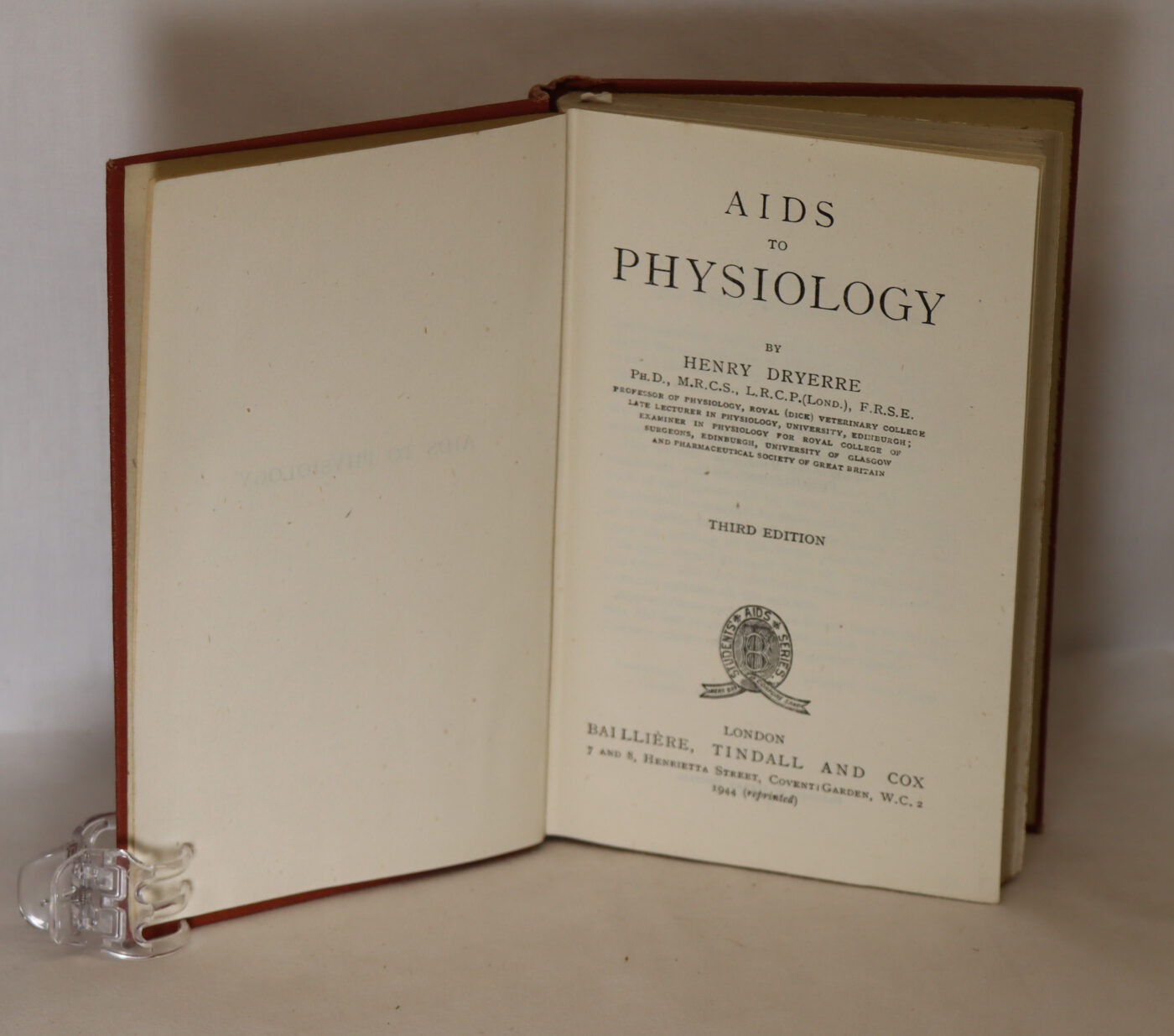
Related products
Share this Page with a friend

